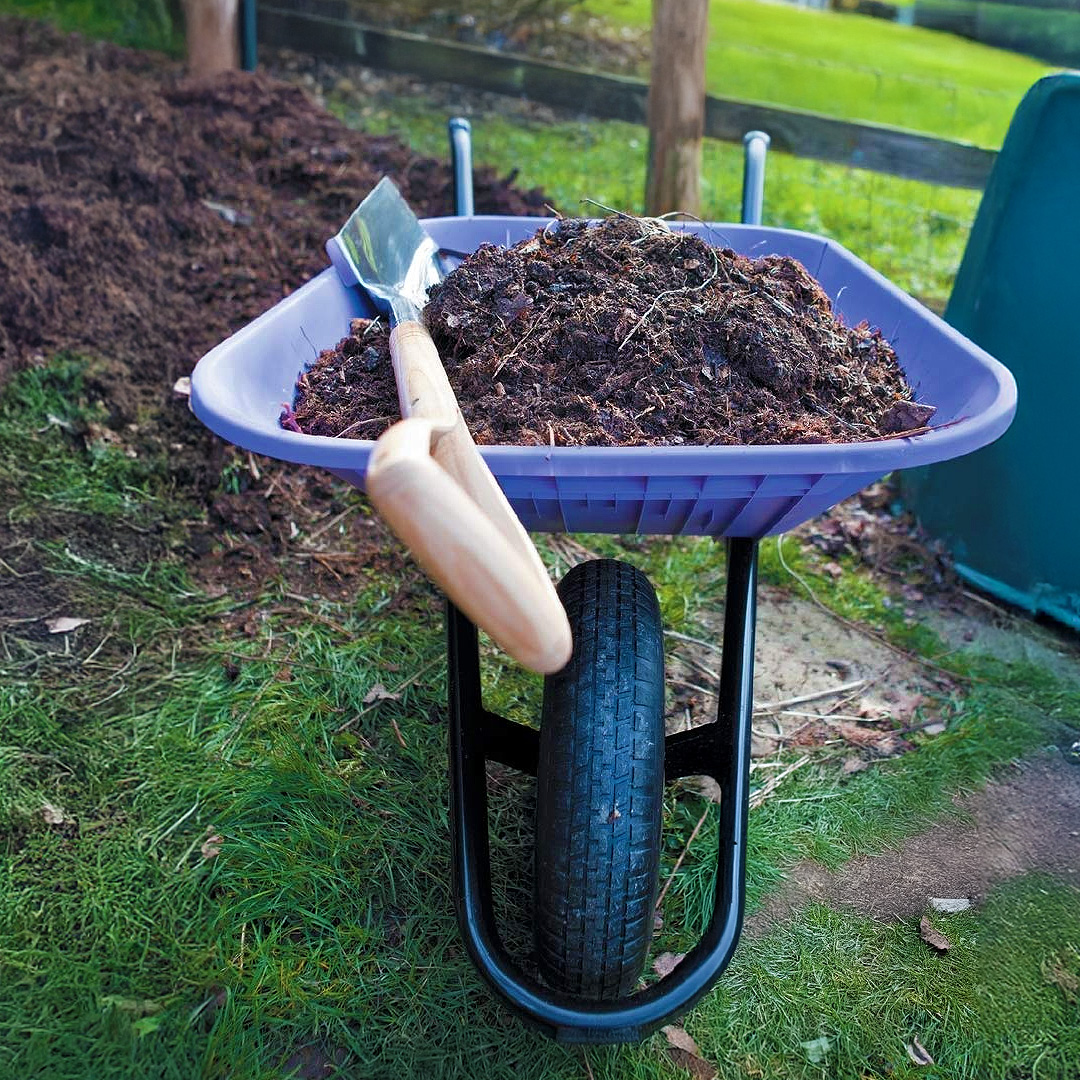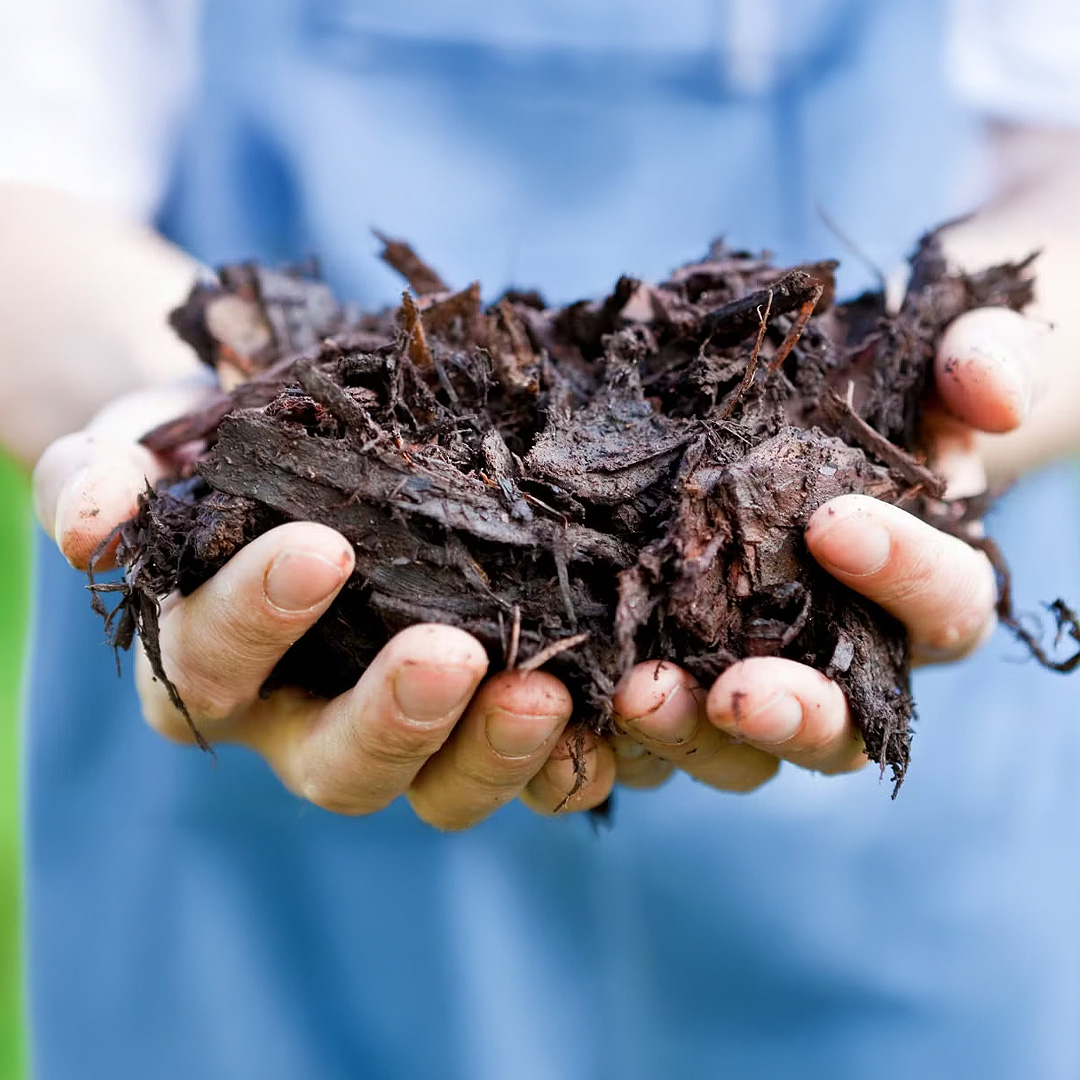Mulch does more than enhance your garden’s appearance—it plays a vital role in maintaining soil health, regulating temperature, retaining moisture, and suppressing weeds. Selecting the right types of mulch ensures healthier plants and a thriving landscape while reducing the need for frequent watering.
Benefits of Mulch
Applying mulch correctly can reduce water loss, improve soil quality, and prevent weed growth. Using a pre-emergent herbicide alongside mulch discourages weed seeds from germinating, making garden maintenance easier. However, choosing the right mulch for your specific needs is essential.
Types of Mulch
There are several mulch varieties, each offering unique advantages for different plants and landscaping styles.
- Pine Bark and Nuggets – These release acid as they decompose, benefiting acid-loving plants like azaleas, rhododendrons, and hollies. Their chunky texture also adds an appealing aesthetic to garden beds.
- Shredded Hardwood – Popular for its rich color and durability, shredded hardwood knits together well, preventing erosion and washout. It’s available in various shades, including black, red, and brown, to complement different landscapes.
- Cypress Mulch – Long-lasting with a pleasant fragrance, cypress mulch forms a dense layer that resists decomposition while helping repel insects naturally.
- Artificial Mulch – Typically made of shredded rubber, artificial mulch mimics the look of natural options but does not break down or enrich the soil. While low-maintenance, it lacks organic benefits for plant health.
- Yard Waste Mulch – Grass clippings, shredded leaves, and pine needles work well for moisture retention and weed suppression. While economical and environmentally friendly, yard waste mulch decomposes quickly and may require frequent replenishment.
How to Use Mulch Effectively
Proper mulch application is crucial for maximizing its benefits. Apply mulch in 2-3 inch layers around plants, ensuring it protects the soil without suffocating stems or trunks. Using too little mulch won’t provide sufficient weed suppression, while excess layers may prevent water from penetrating the soil.
Mulch naturally breaks down over time. Refresh its appearance by raking and turning it, or incorporate decomposed mulch into compost to enhance soil fertility. Periodically replacing mulch ensures a consistent, healthy environment for plants.
Choosing the Best Mulch for Your Landscape
Selecting the right types of mulch depends on your specific landscaping needs. Wood-based mulches provide organic benefits, while artificial options last longer but lack soil-enhancing qualities. Consider your plant types, moisture requirements, and aesthetic preferences when choosing mulch.
Using the right mulch improves your garden’s health while creating an appealing, well-maintained landscape. Whether you prefer organic materials or long-lasting artificial alternatives, proper mulching techniques help your plants thrive season after season.


